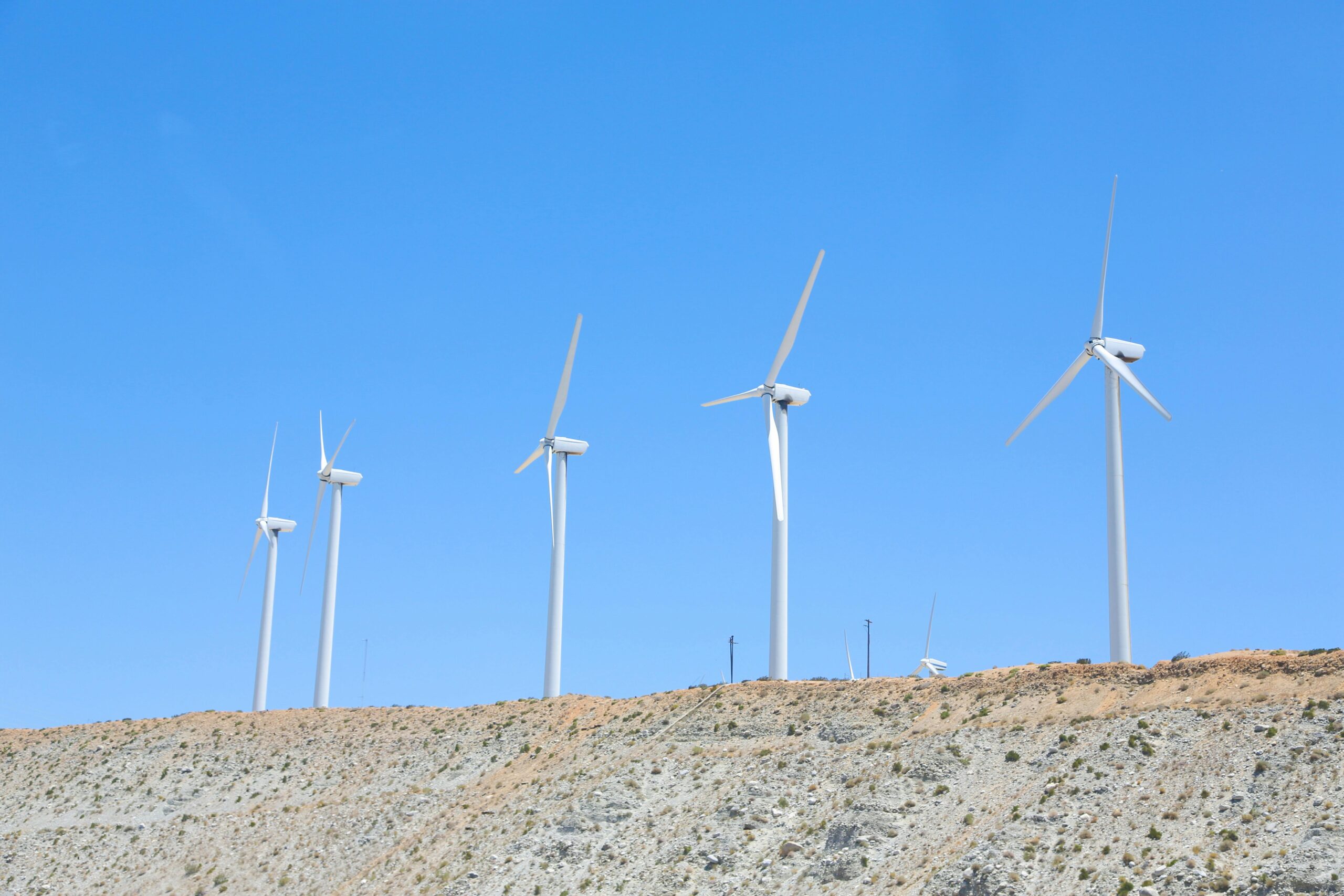Understanding Life Cycle Assessment in Food Manufacturing: A Key to Sustainable Practices
In the quest for sustainability, life cycle assessment (LCA) stands out as a crucial tool for food manufacturers. LCA offers a comprehensive evaluation of the environmental impact of a product from its inception to its disposal, providing valuable insights into areas where improvements can be made.
What is Life Cycle Assessment?
Life Cycle Assessment is a systematic process used to evaluate the environmental impacts associated with all stages of a product’s life. For food manufacturing, this means analyzing every phase—from raw material sourcing and production to distribution, consumption, and end-of-life disposal. The goal is to quantify the ecological footprint and identify opportunities to reduce negative environmental effects.
Why is LCA Important for Food Manufacturing?
- Identify Environmental Hotspots: LCA helps pinpoint stages in the food supply chain where the most significant environmental impacts occur. For instance, it might reveal that packaging contributes more to a product’s carbon footprint than transportation or that water usage during production is a major concern.
- Enhance Resource Efficiency: By understanding the environmental impact at each stage, manufacturers can make informed decisions to optimize resource use, reduce waste, and lower energy consumption. This leads to more sustainable practices and cost savings.
- Support Sustainable Product Development: LCA informs the design of more sustainable products by highlighting areas for improvement. It can guide decisions on ingredient sourcing, packaging choices, and production methods to minimize environmental impact.
- Meet Regulatory and Consumer Demands: With growing consumer awareness and regulatory pressure around sustainability, LCA provides a way for food manufacturers to demonstrate their commitment to environmental responsibility. It supports transparency and helps build trust with consumers who prioritize eco-friendly products.
Implementing LCA in Food Manufacturing
- Data Collection: Gather data on inputs (e.g., raw materials, energy) and outputs (e.g., emissions, waste) at each stage of the product’s life cycle.
- Impact Assessment: Use LCA software tools to evaluate the environmental impacts, such as carbon footprint, water usage, and resource depletion.
- Interpretation: Analyze the results to identify significant impact areas and opportunities for improvement.
- Action and Reporting: Implement strategies to mitigate identified impacts and communicate your sustainability efforts through reports and marketing materials.
